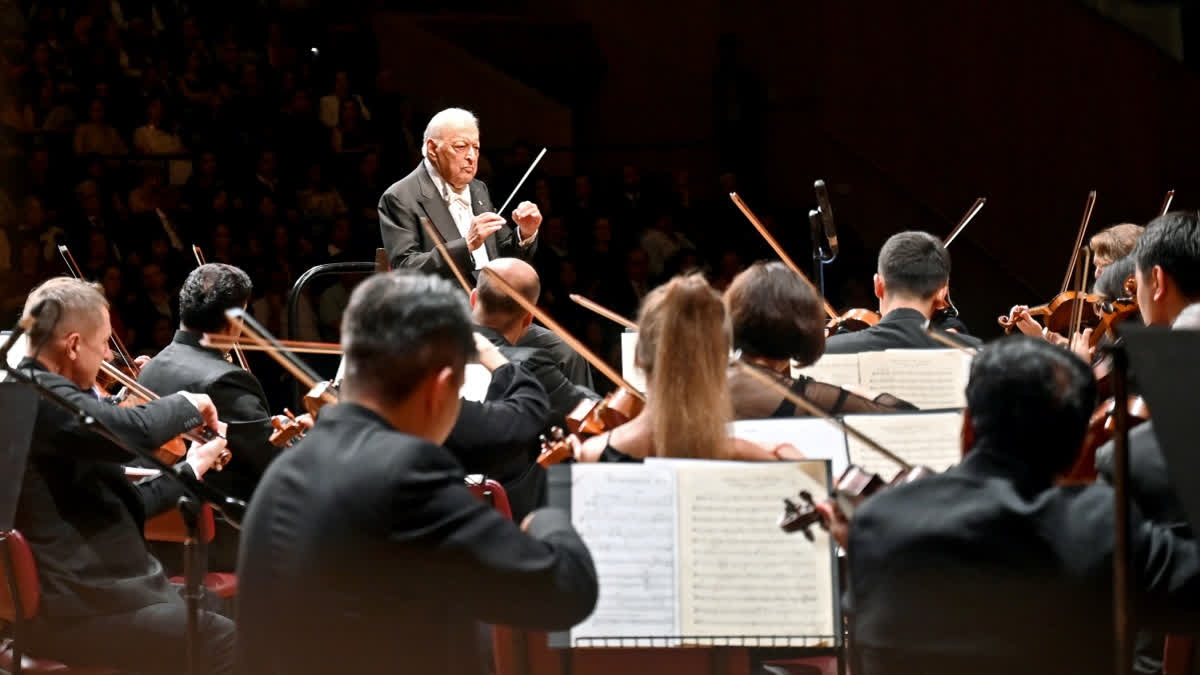New Delhi: According to a study, Western classical music can help activate the brains of patients who do not respond to treatment for depression.
The findings, published in the journal Cell Reports, could help in the development of personalized music therapy plans for patients with treatment-resistant depression, in whom depressive symptoms persist despite taking multiple antidepressants.
According to previous studies, these patients’ brain processes were observed to be tuned to respond more easily to sad faces than to happy ones. In this study, 13 patients with treatment-resistant depression listened to pieces by Mozart and Beethoven, and researchers, including those from Shanghai Jiao Tong University in China, examined their brains to understand how music has antidepressant effects.
To provide deep brain stimulation to these patients, the team implanted electrodes and placed them in the circuitry of the “extended amygdala.” The amygdala plays an important role in motivation and emotional behavior. It is located in the forebrain, the largest part of the brain, and is involved in higher thought processes such as those related to reasoning and language.
The “extended amygdala” circuit connects two areas in the forebrain – the nucleus stria terminalis (BNST), which plays a role in managing stress, and the nucleus accumbens (NAc), which is responsible for experiencing pleasure. The researchers found that classical music acts as an antidepressant by harmonizing activity between the three brain regions – the auditory cortex, which is involved in listening, the BNST (manages stress) and the NAc (helps experience pleasure).
“The BNST-NAc circuit, sometimes referred to as ‘part of the extended amygdala,’ highlights the close relationship between this circuit and the amygdala, a central structure in processing emotional information,” said lead author Bomin Sun, director and professor of the Center for Functional Neurosurgery at Shanghai Jiao Tong University.
“This study shows that music induces a triple time block (of brain waves) in the cortical-BNST-NAc circuit through auditory synchronization,” Sun said. The synchronization and “antidepressant effects” were found to be more significant in patients with high music aptitude than in those with low music aptitude.
Most patients were unfamiliar with the Western classical pieces used in the study, the authors said. The findings helped researchers propose personalized music therapy plans that would improve treatment outcomes, they said. “Our research integrates the fields of neuroscience, psychiatry and neurosurgery and provides a foundation for any research examining the interaction between music and emotions. Ultimately, we hope to translate our research findings into clinical practice and develop practical and effective tools and applications for music therapy,” Sun said.
Read more
- Do plastics cause autism? This is what the latest study really says
- Art without borders: Japanese Hiromi Maruhashi masters Kerala’s classical dance Mohiniyattam

